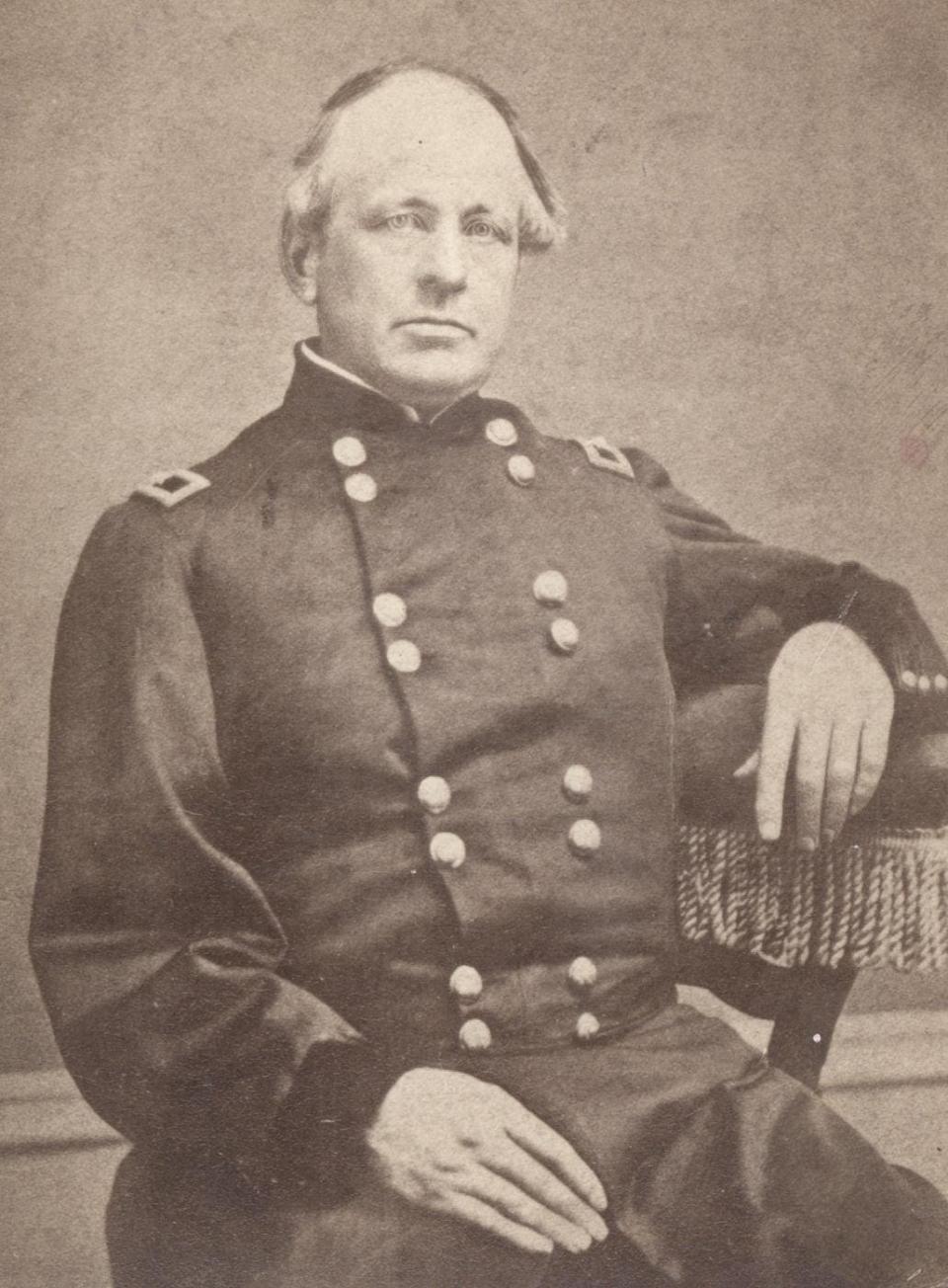Wilhelm: Remembering the losses of the Civil War
This coming week will mark the 160th anniversary of the Battle of Shiloh or Pittsburgh Landing in the Civil War.
In that clash on April 6 and 7, 1862, the 72nd Ohio Volunteer Infantry, which was organized by Ralph Buckland and made up in the beginning almost completely of Sandusky County men, earned significant praise for standing its ground and being organized as the Union forces retreated on the first day.
It wasn’t the last time that the 72nd earned praise for its efforts.
And the next day the 72nd and the rest of the Union forces, reinforced by the arrival of more troops, turned the tables and drove the Confederates south to Corinth.

Interestingly, letters home from Corporal A.C. Parker, who participated in the battle as a member of the 41st O.V.I., organized in the Cleveland area, provide insight into the fact that war is anything but glorious.
“My Dear Wife. I wrote you some days back that we would and later that we had marched and did not know where we were destined for but we found out, we crossed the Cumberland Mountains in the rain and mud and on the morning of April 6 Sunday found us camped on the north bank of the Tenn River and a bright clear morning.
“Early in the morning we heard cannon and musketry firing … on the opposite side of the river. As the time passed along the terrible … noise of musketry and the fearful Boom Boom of cannon grew worse. Soon we were ordered to draw three days rations in haversack to load our knapsacks in the wagons and be ready for a forced march with overcoat and one blanket to the man. All these details were attended to with dispatch and at two o'clock our march commenced at a double quick over logs through the swamps along roads across lots for ten miles without breaking the march we came to Pittsburgh Landing which was a ferry crossing of the river. We were ferried across the river the night of Apr 6 1862 (Sabbath night) and stood at arms all night in a hard rain.
“At day break we were ordered into line and unload our guns, clean the same and reload. We could have no fires eat our hard bread and raw meat for breakfast washed it down with river water and not very clean.”
“We lost 1/3 of the Reg in killed and wounded the Reg being badly cut to pieces. The loss of our troops at this writing is not known but is very heavy. … I never saw nor wish to see again what I have seen in the last just week. The loss to each side will count up thousands of men what a slaughter. The battlefield covers acres and miles of ground.”
“But I am thankful to God for the preservation of my life through this ordeal. When the battle was ended one could look in any direction and see the dead soldiers Union and Confederate — lying mingled together in death. The enemy have retreated toward Corinth Miss and I suppose we will follow them.”
Roy Wilhelm started a 40-year career at The News-Messenger in 1965 as a reporter. Now retired, he writes a column for both The News-Messenger and News Herald.
This article originally appeared on Fremont News-Messenger: Wilhelm: Remembering the losses of the Civil War

